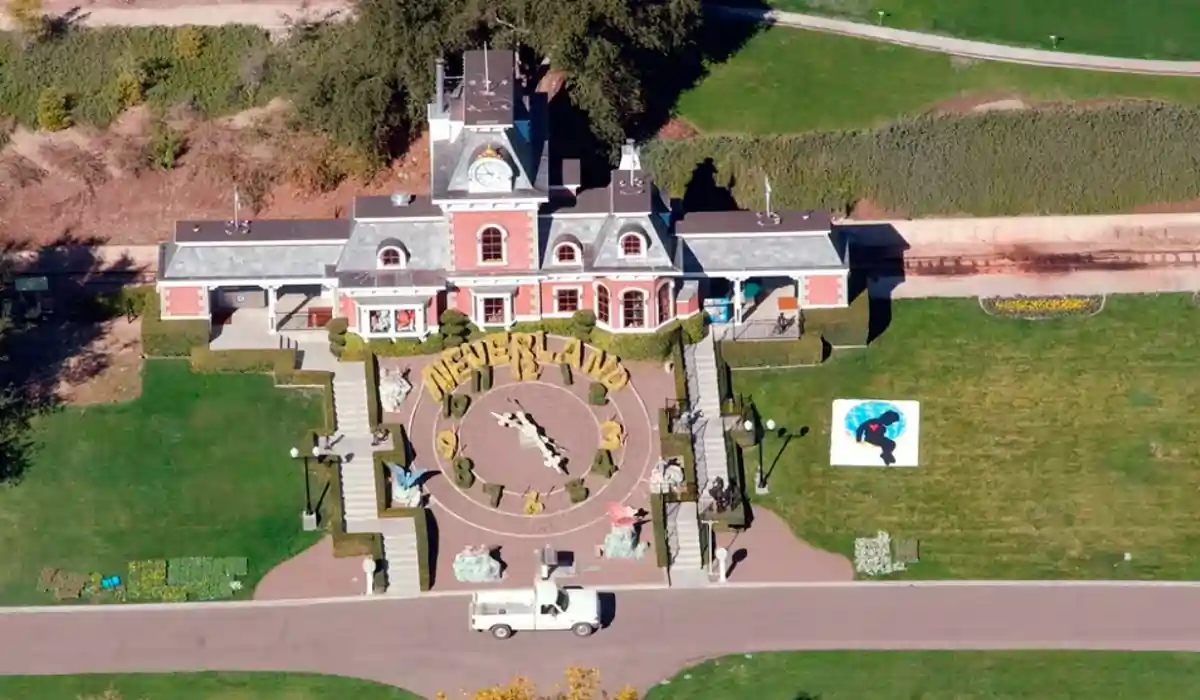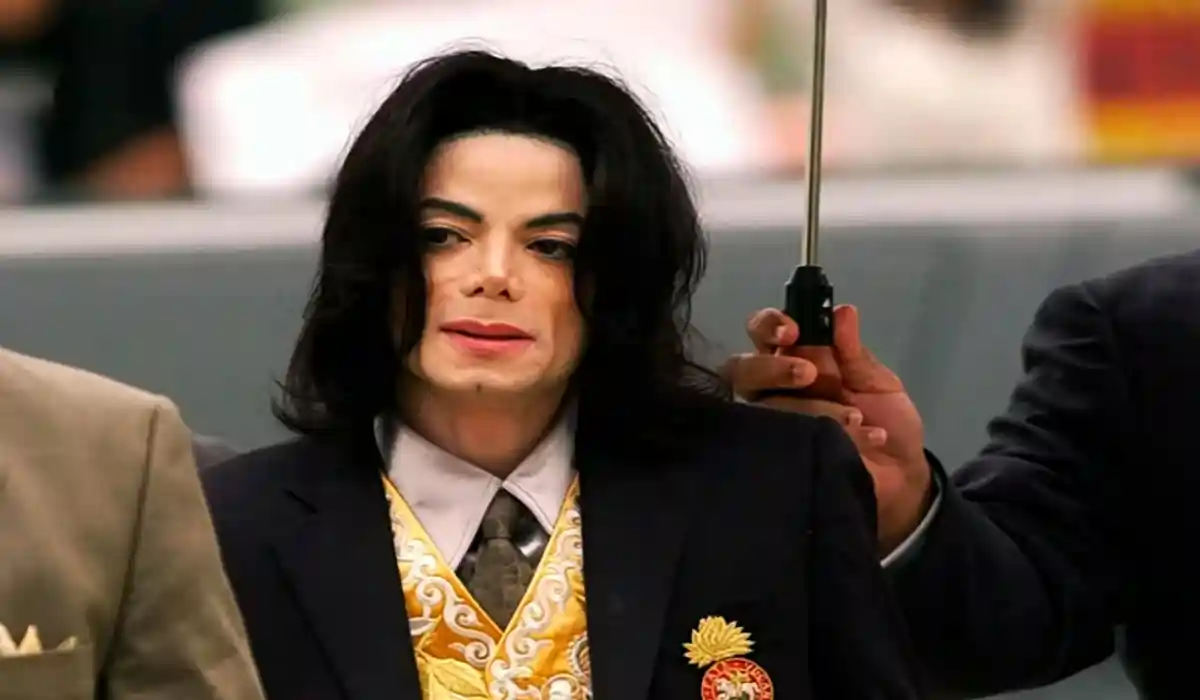Lawyer for Michael Jackson employees testified that his clients were not obligated to prevent sexual abuse
Jonathan Steinsapir rejected a tentative decision by California’s Second District Court of Appeal, which he said was leaning in favor of reviving previously dismissed lawsuits
Workers at companies owned by Michael Jackson had no legal obligation to protect children of the pop star, an attorney told an appeals court Wednesday.
The attorney for Jackson’s estate, Jonathan Steinsapir, rejected a tentative decision by California’s Second District Court of Appeal, which he said was leaning in favor of reviving previously dismissed lawsuits by two men who allege Jackson sexually abused them for years when they were children.

Photograph taken in June 2009 of an aerial search of the “Neverland” ranch, which belonged to pop star Michael Jackson, in Santa Inés (California, USA). EFE/Armando Aroriyo/File
The court’s reasoning, Steinsapir argued, “would require low-level employees to confront their supervisor and call him a pedophile.”
Holly Boyer, attorney for plaintiffs Wade Robson and James Safechuck, said workers should have that responsibility.
“We require employees of the entity to take those steps, because what we’re talking about is child sexual abuse,” Boyer told the three-judge panel at the hearing by videoconference. “What we’re talking about here is 7- and 10-year-old children who are completely unable to protect themselves from their mentor, Michael Jackson.”
Boyer added that the children “were left alone in this lion’s den by the defendant’s employees. An affirmative duty to protect and warn is proper.”
Jackson died in 2009. Robson filed suit in 2013 and Safechuck sued the following year. Both became best known for telling their stories in the 2019 HBO documentary “Leaving Neverland.”
A judge dismissing the lawsuits in 2021 ruled that MJJ Productions Inc. and MJJ Ventures Inc. two companies of which Jackson was the sole owner and sole shareholder, could not be expected to operate like the Boy Scouts or a church where a child in their care could expect their protection.
Steinsapir said evidence gathered in the cases, which did not go to trial, showed that the children’s parents did not expect Jackson’s employees to be watching them. He said a deposition from Robson’s mother showed she didn’t even know the companies existed when she first brought her 7-year-old son into the pop star’s presence.
“They were not looking for Michael Jackson’s companies to protect themselves from Michael Jackson,” Steinsapir said.
Steinsapir said the assertion in the lawsuit and the court’s tentative ruling that the corporations had engaged in negligent hiring was absurd when the person hiring was the alleged wrongdoer.
“Does anyone who may be prone to a criminal tendency have a duty not to hire themselves?” said Steinsapir.
The hearing addressed only the companies’ legal obligations, not the truth of the men’s allegations, but Steinsapir frequently called them unproven and false.
Robson, now 40 and who performs as a choreographer, met Jackson when he was 5 years old. He later appeared in three of Jackson’s music videos.
His lawsuit alleged that Jackson abused him over a seven-year period.
Safechuck, now 45, said in his lawsuit that he was 9 when he met Jackson while filming a Pepsi commercial. He said Jackson called him often and lavished him with gifts before moving on to a series of sexual abuse incidents.
The Associated Press does not usually name people who say they have been sexually abused. But Robson and Safechuck have publicly denounced and condoned the use of their identities.
The men’s claims are back after being dismissed in 2017, when Young struck them down as beyond the statute of limitations. A new California law that temporarily expanded the scope of sexual abuse cases led the appeals court to restore them. Jackson’s personal estate, the assets he left behind after his death, were dismissed as defendants in 2015.
Jackson’s estate has adamantly and repeatedly denied that the musician molested any of the children, and has emphasized that Robson testified at Jackson’s 2005 criminal trial, where Jackson was acquitted, that he had not been molested, and Safechuck told authorities the same thing.
The three judges hearing the case Wednesday did not make an immediate decision.
Judge John Wiley said that “it seems to me that these corporations were in an excellent position to prevent these injuries.” They could have required a chaperone to be present for the children, for example, Wiley said.
Steinsapir, who emphasized that the alleged sexual abuse took place in Jackson’s home, not at the workplaces, responded, “Could my law firm tell me who I can be with in my own home?”
Boyer, the plaintiffs’ attorney, responded that “these homes were staffed by Jackson employees. They enacted policies and procedures to facilitate Jackson being alone with these children.”

